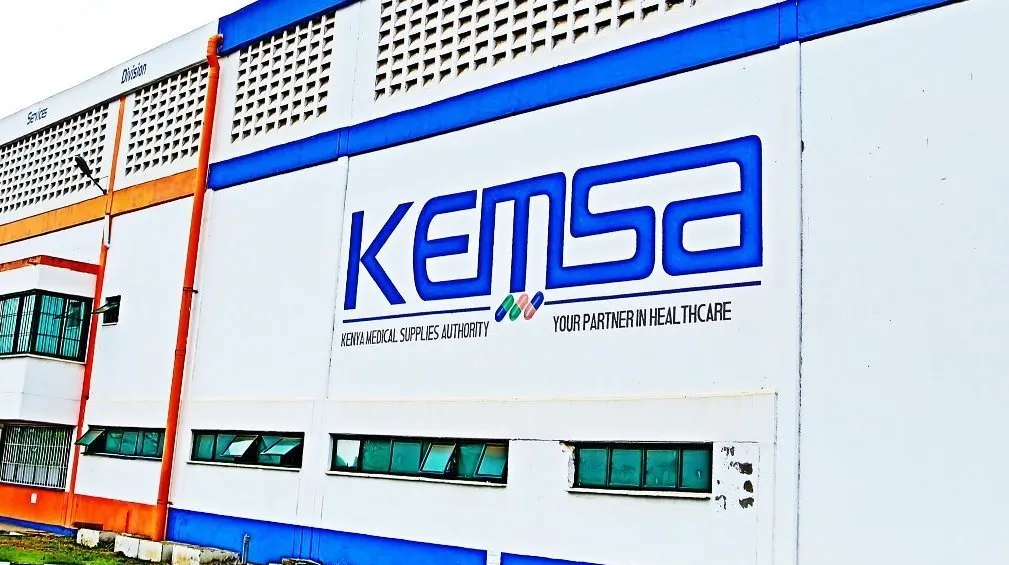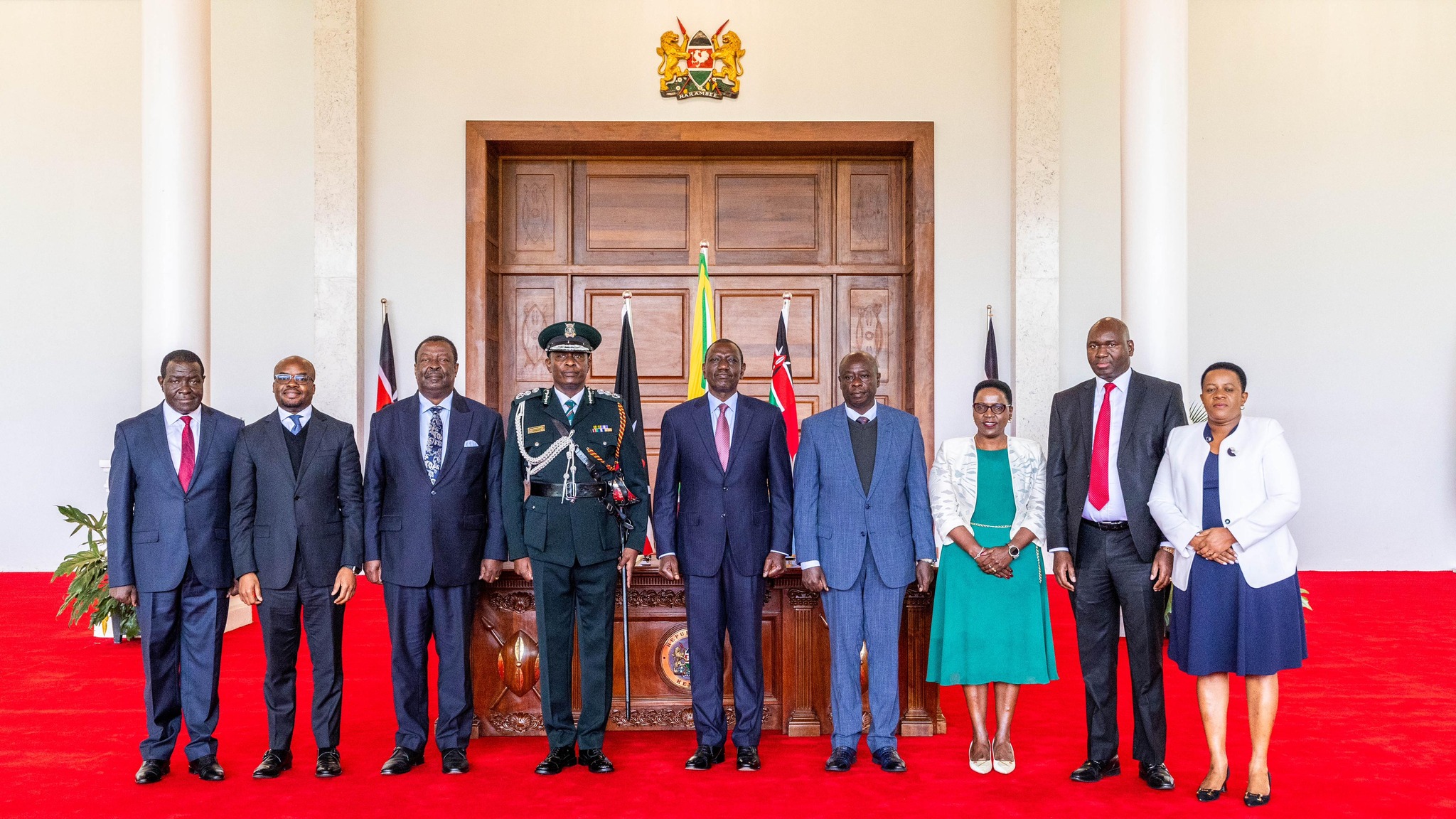
President William Ruto’s strategic plan to enhance key value chains within Kenya’s agriculture sector is a timely and essential endeavor that holds significant promise for the nation’s economic development. From an economic analyst’s perspective, these initiatives are critical for several compelling reasons.
First and foremost, these value chain investments will create a substantial number of job opportunities. By targeting sectors like cotton production, edible oil crop farming, and rice cultivation, these initiatives will generate employment across various stages of the value chain. From agricultural production and harvesting to processing, distribution, and retail, these projects will have a cascading effect on job creation, reducing unemployment rates and boosting household incomes.
Equally important is the potential to reduce Kenya’s heavy dependence on imports. The country currently spends substantial sums on importing textiles, clothing, edible oils, and rice. By strengthening local production in these sectors, Kenya will significantly curtail its import bills. This will not only conserves foreign exchange reserves but also promotes self-sufficiency, reducing the country’s vulnerability to external economic shocks.
Enhancing food security is another critical aspect of these value chain investments. Kenya’s food security hinges on its ability to produce essential crops domestically. This project aims at increasing rice and edible oil crop production and will contribute to reducing Kenya’s reliance on imports. A self-reliant food supply chain is more resilient to global price fluctuations and supply chain disruptions.
A strong agricultural sector will provide a stable and cost-effective source of raw materials for manufacturing industries. This synergy between agriculture and manufacturing fosters economic growth, promotes value addition within the country, and supports local industries.
President Ruto’s strategic plan aligns with Kenya’s broader development and it is setting the stage for sustainable, inclusive, and resilient economic growth. These initiatives will address unemployment, reduce import dependence, ensure food security, and promote industrial growth, making them fundamental to Kenya’s journey towards economic revival.
George Mburu,
Financial and Economic Analyst






